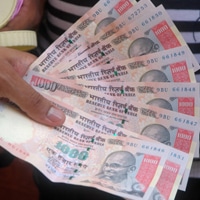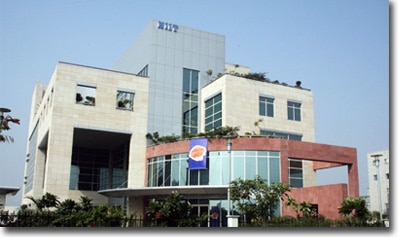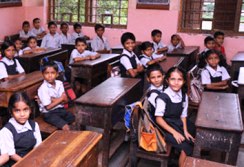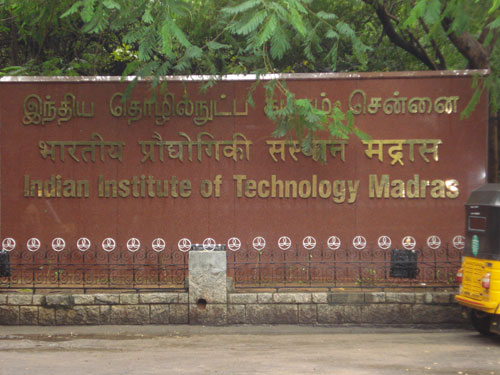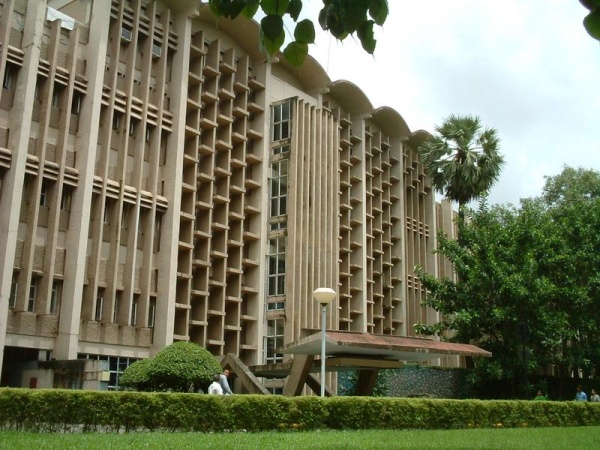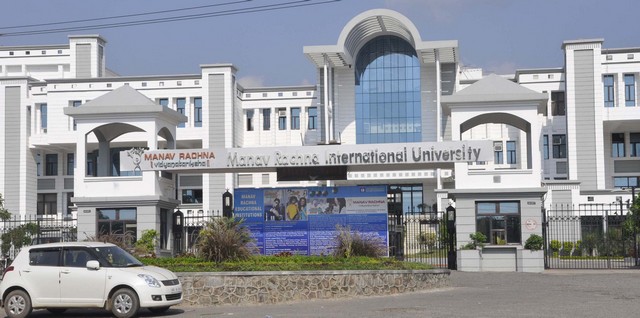The Japan International Cooperation Agency (JICA) has extended a loan of Rs 1,336 crore to Indian Institute of Technology, Hyderabad to build a part of the newly established campus.
As per the agreement signed between JICA and the government of India, the loan is at a concessional rate of 1.40 percent and carries a repayment period of 30 years with grace period of 10 years. The project is to be executed by IIT Hyderabad and expected date of completion is 2018. The loan will be utilised for constructing permanent campus building and procuring latest research equipments for the institute. As part of the agreement, Japan and India have not only agreed to fund the institute of technical eminence but also share technical knowledge. Eminent professors of the University of Tokyo would be involved with the preparation of concept designs and architectural plans for some of the important campus buildings.







